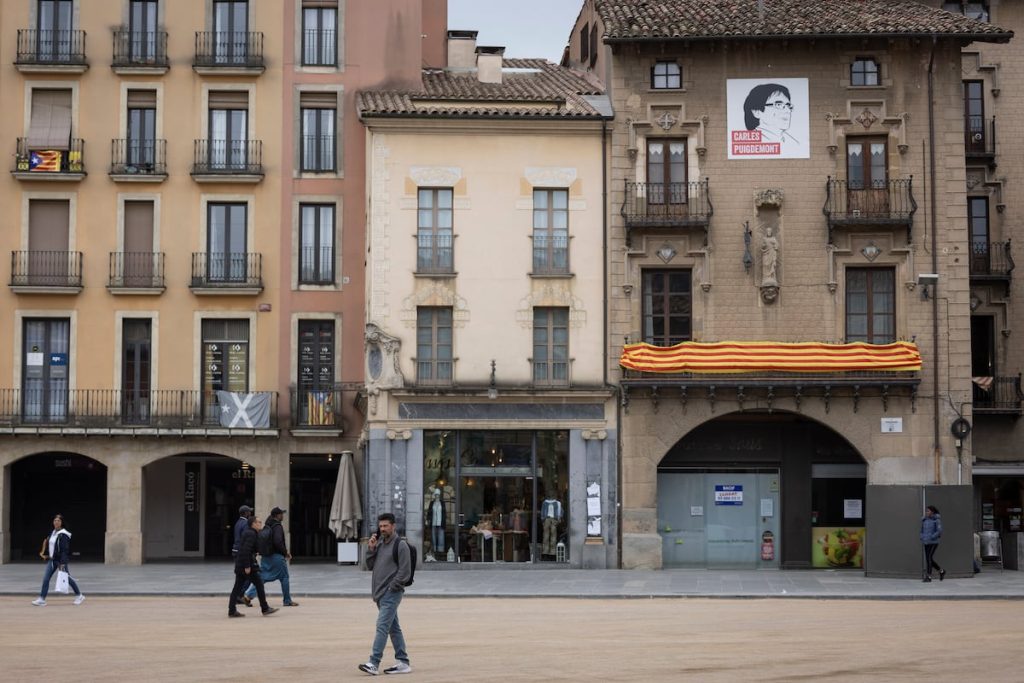It is difficult to make predictions about the future of governance in Catalonia, as despite a clear winner and two possible majorities in the recent elections, the realization of these outcomes will depend more on qualitative issues or political climate rather than arithmetic. The scenarios for agreements are still far off, with European elections ahead and initial party statements suggesting a resolution to governance uncertainties will be delayed, at least until the election of the presidency of the Parliament. However, with historical data and hindsight, some considerations can be advanced.
For the first time since 1984, nationalist options in Catalonia have reduced their perimeter in regional elections, with a decrease in nationalist vote percentage to 43%. This decline marks a shift from the 51-54% range seen in previous years, and indicates a changing landscape in Catalan politics. The internal hegemonies within the nationalist vote have also evolved over time, with a resurgence of conservative nationalism represented by the heirs of Convèrgencia commanding a significant portion of the vote share. This reconfiguration of internal balances highlights a changing dynamic within the nationalist movement in Catalonia.
The question of whether the recent elections have put an end to the Catalan independence movement, known as the “procés,” remains complex. While the rhetoric around independence was less prominent in the recent campaign, the procés has taken on various meanings and forms over the years, representing a manifestation of discontent, mobilization of middle classes, and institutional challenge. It has been a battleground for defining the national project in Catalonia, with differing interpretations among the population. The recent election results suggest a shrinking of this political space and a resurgence of older forces within the nationalist movement.
The evolution of the nationalist vote share and internal dynamics in Catalonia reflect a broader discourse around the future of governance in the region. The outcome of the recent elections has raised questions about the future direction of Catalan politics and the potential impact on the independence movement. As parties navigate the post-election landscape and explore potential coalitions, the political climate in Catalonia remains uncertain. The coming months will be crucial in determining the path forward for governance in the region and the implications for the independence movement.
Overall, the recent elections in Catalonia have signaled a shift in the political landscape, with implications for the future of governance and the independence movement. The complex interplay of factors, including historical trends, internal dynamics within the nationalist movement, and changing voter preferences, will shape the path forward for Catalonia. As the region navigates a period of uncertainty and potential change, the outcomes of the recent elections will have implications for the broader political landscape in Catalonia and beyond.


